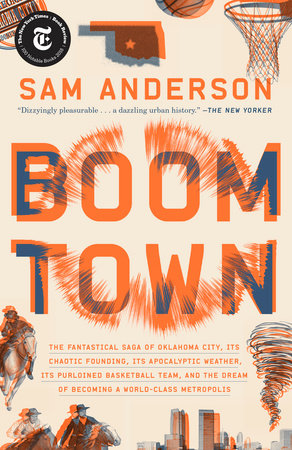When does a city begin?
In most cases, we have no idea. We are forced to invent origin stories: wolves raising twins, eagles carrying snakes. The volcano god belches: civilization.
We want the birth of a city to make sense, to be grand. We want it to lend its citizens meaning. But the reality is almost always far less dramatic. Cities creep into existence, like algae. (Lewis Mumford: “The city is a fact in nature, like a cave, a run of mackerel or an ant-heap.”) It’s silly to talk about beginnings. No one is standing there firing a starting gun. There is no primordial boom. It happens in slow motion, over generations, by accident. Even if we do happen to know the general outlines — a European explorer found a promising bay, and eventually other Europeans followed him there — almost all the specifics are lost. We’ll never know what most cities were like during their very first hour, minute, second. It doesn’t even really make sense to ask. Cities are not microwave popcorn.
Unless you are talking about Oklahoma City.
Oklahoma City is microwave popcorn. It has a birthday: April 22, 1889. Noon. Precisely at that moment, history flipped a switch. Before, there was prairie. After, there was a city.
Oklahoma City was born in an event called, with extreme dramatic understatement, the Land Run. The Land Run should be called something like “Chaos Explosion Apocalypse Town” or “Reckoning of the DoomSettlers: Clusterfuck on the Prairie.” It should be one of the major events in American history. Dramatizations of it should be projected onto IMAX screens with 3-D explosions, in endless loops, forever. Every time you walk into a mall, you should be accosted by fuzzy-headed Land Run characters shouting, “What is America?!” “What does America even mean?!” Because the Land Run was, even by the standards of this very weird nation, absurd. It was a very bad idea, executed very badly. It would be hard to think of a worse way to start a city. Harper’s Weekly, which had a reporter on the ground, called it “one of the most bizarre and chaotic episodes of town founding in world history.” A century later, the scholar John William Reps reviewed the evidence and concurred. The founding of Oklahoma City, he wrote, was “the most disorderly episode of urban settlement this country, and perhaps the world, has ever witnessed.”
